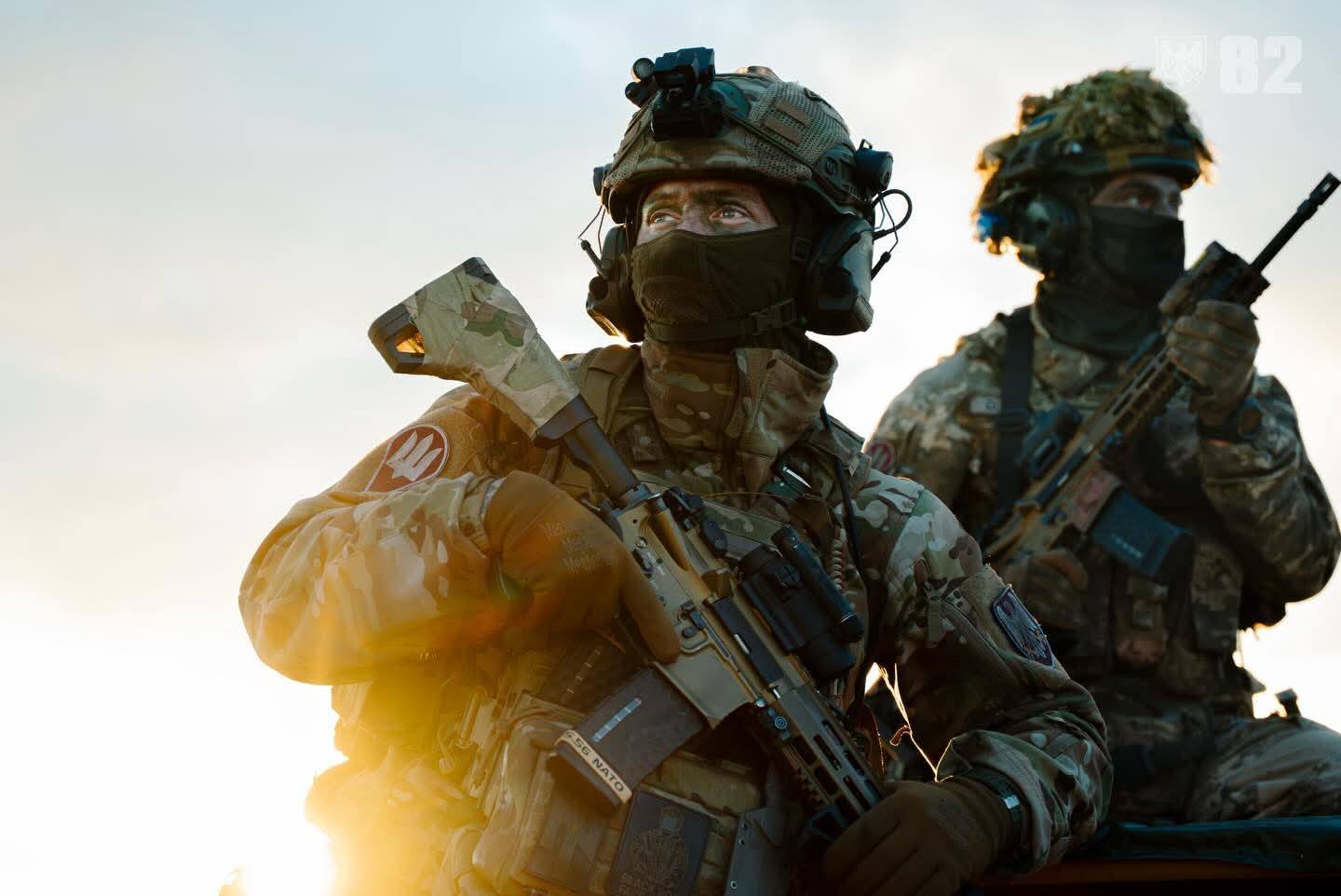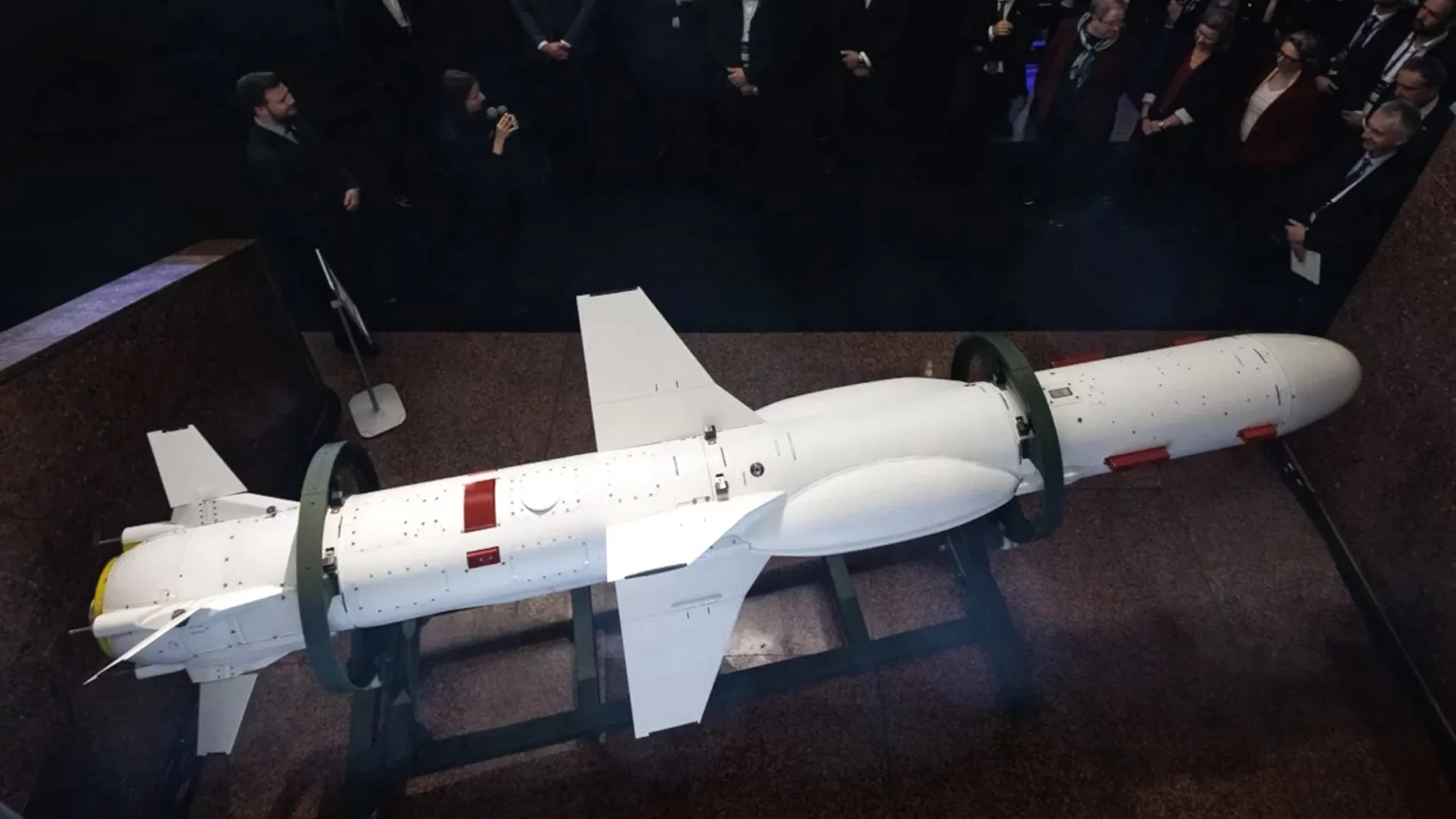Ukrainian and Georgian ANPs Are Also Testing NATO
Ukrainian and Georgian ANPs Are Also Testing NATO
The NATO ministerial meeting in Brussels on December 3 announced that Albania and Croatia were now completing their Membership Action Plans (MAPs) and would be welcomed at the NATO Summit in April 2009 as new members of the alliance. The ministerial communiqué takes note of those countries’ reforms through MAP and their “significant contributions to our security.” Macedonia has also completed the MAP process and will become a member as soon as Greece lifts its veto regarding Macedonia’s name. The ministerial meeting also welcomed Montenegro’s request for a NATO MAP (Meeting of the North Atlantic Council communiqué, December 3).
These steps undoubtedly signify a success for the alliance and those entrant countries. Their acceptance as members, however, debunks the argument that Ukraine and Georgia did not qualify for MAPs. The Ukrainian and Georgian contributions to NATO and U.S.-led operations in recent years have been incomparably stronger than those of Albania, Croatia, or Macedonia, which are now deemed to qualify as NATO members. Moreover, Ukraine’s and Georgia’s strategic locations are vital to the common security in ways in which Albania’s, Croatia’s, or Macedonia’s are clearly not.
Yet Ukraine and Georgia have been denied even MAPs, let alone membership in NATO, because of the objections of several West European countries. Instead, NATO approved lower-level Annual National Plans (ANPs) for Georgia and Ukraine. Thus the alliance is seen agonizing over aspirant countries of tremendous added value, because they border on Russia, while accepting “safe” countries that are not objectionable to Moscow.
Poland, the Czech Republic, and Hungary joined NATO in 1999 without having gone through MAPs. The alliance instituted the MAP process in 1999 for the seven countries that went on to join in 2004, most of them after five annual MAP cycles. In the next enlargement round, West-Balkan countries joining NATO at the summit in April 2009 will have spent nine years in the MAP process. There is, however, no hard-and-fast requirement for aspirant countries, including Ukraine and Georgia, to go through MAPs, if other programs can be tailored to these countries’ and NATO’s needs. The ANPs along with the NATO-Ukraine and NATO-Georgia commissions are intended to be such instruments.
Strategic considerations were almost entirely absent from NATO’s public debates and official discourse on MAPs while preparing for and during the Bucharest summit and Brussels ministerial meeting. Instead, discussions were sidetracked into procedural wrangles and considerations of Russia’s possible reactions to NATO decisions on Ukraine and Georgia.
Real-world decisions on alliance policy are guided by location, resources, troop-contributing potential and will, shared perceptions of security challenges and requirements, and political compatibility (for example, democracy in progress) as the main criteria. NATO, however, is not exercising the necessary leadership in re-acquainting the West European public and post-modern politicians with those real-world factors. While many in NATO correctly reproach Ukraine’s Orange leaders’ reluctance to campaign for an unpopular NATO in their country (MAPs include public education programs), NATO leaders seem themselves reluctant to perturb West European strategic and political complacency about Europe’s East. While NATO gropes for an as yet undefined role in energy security, the alliance failed to explain to the European public that Georgia needed to be secured as the vital linchpin in energy transport to Europe.
The alliance insists that no outside country has a voice, let alone a veto, on NATO decisions, including enlargement policy. In practice, however, Russia does seem to exercise a degree of influence, informally and indirectly, through its bilateral relations with a few governments in NATO.
The alliance’s other sacrosanct principle, the Open Door, also seems less than certain at the moment. “NATO’s door remains open to all European democracies willing and able to assume the responsibilities and obligations of membership,” the ministerial meeting’s communiqué reaffirmed. Nevertheless the Alliance has thus far proven unable to offer even MAPs, let alone membership, to Ukraine and Georgia. The door is not closed either. The two aspirant countries seem to face a long wait within sight of a door that is open to them in principle.
For both Ukraine and Georgia, the NATO summit in Bucharest in April 2008 opened a dangerous period of vulnerability. NATO’s firm promise of eventual membership without a time-frame or a mechanism was enough to provoke Russia and not enough to restrain it. NATO did not respond in any credible way when Russia threatened (at the summit and subsequently) to dismember Ukraine and proceeded to dismember Georgia, overtly and methodically, during the four months leading up to the August invasion. Russia even used Ukraine’s territory for naval attacks against Georgia, violating Ukraine’s neutrality. The response of a divided NATO to those events looked feeble to friend and foe alike (see EDM, August 20, 28).
Of the two countries, Georgia is clearly more determined to advance toward that door through the ANP, while Ukraine is consumed with its political crises. Undaunted by the denial of a MAP, the Georgian government takes the position that it would “accept any NATO plan on offer,” as Acting Defense Minister Batu Kutelia put it, in the effort to meet NATO criteria for ultimate membership (Civil Georgia, December 6). Georgia is aiming for interoperability with NATO forces. In the hypothetical case that some NATO countries dilute or stretch out the ANP assistance programs, or obstruct necessary decisions within the NATO-Georgia Commission, Georgia and the United States will have additional reasons for stepping up their bilateral programs of military cooperation outside the NATO framework. This would not substitute for the ANP but rather complement it and compensate for its possible inadequacies.
The alliance can now restore its credibility by strengthening its ties with Ukraine and Georgia through the ANPs. Hesitation and procrastination in this regard could increase the creeping doubts about the alliance’s capacity for action and may prompt some of the member and aspirant countries to seek bilateral security arrangements with the United States.


